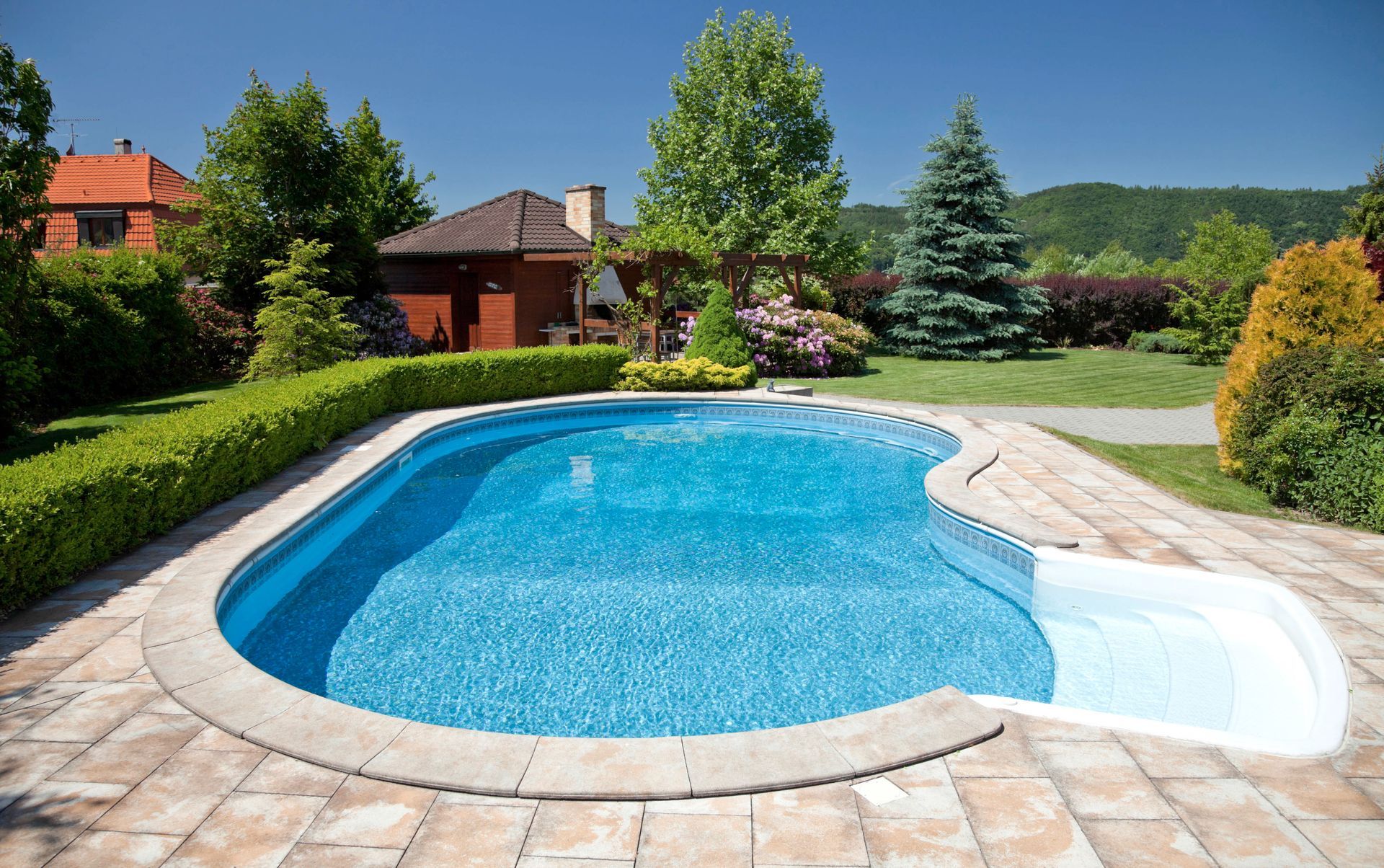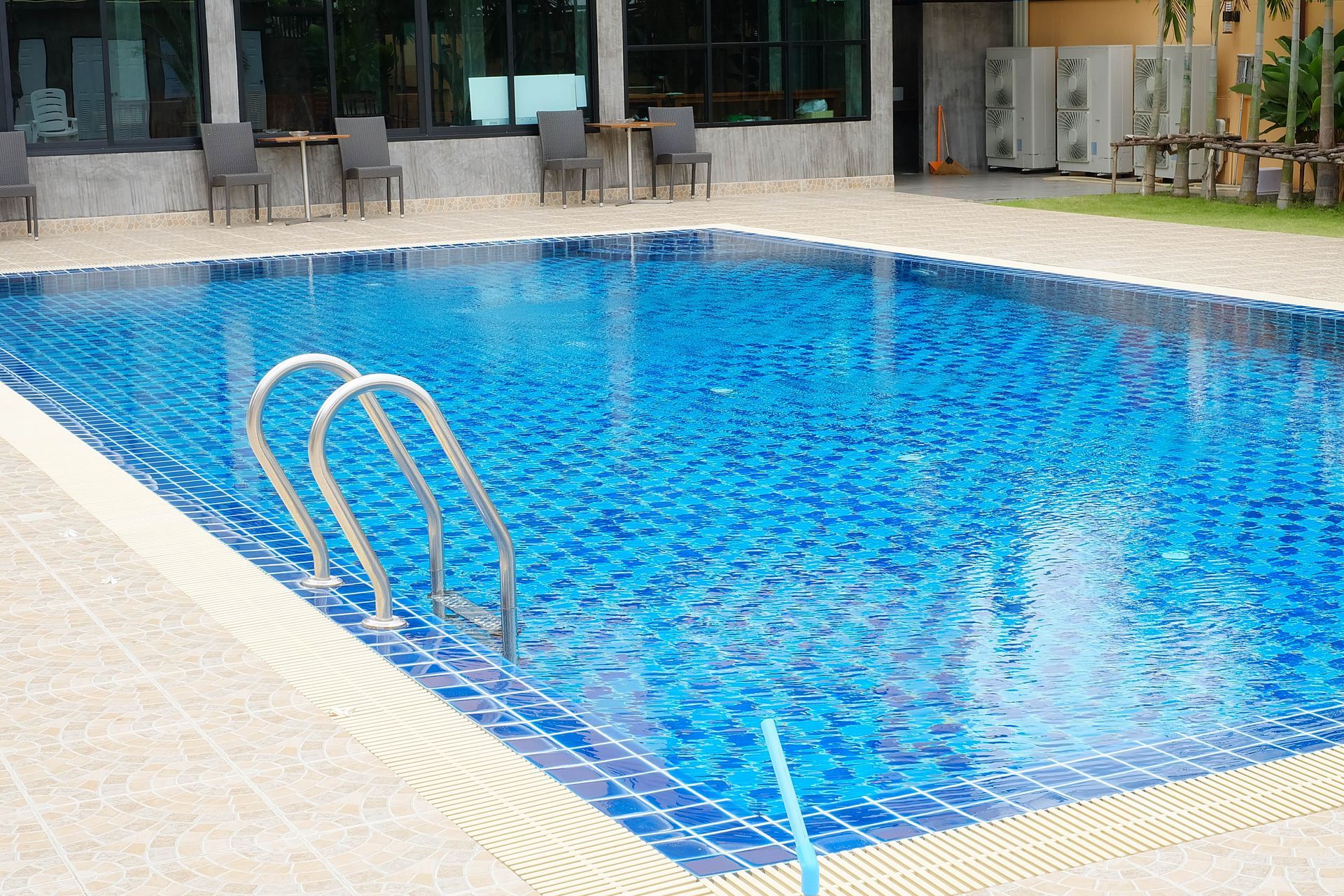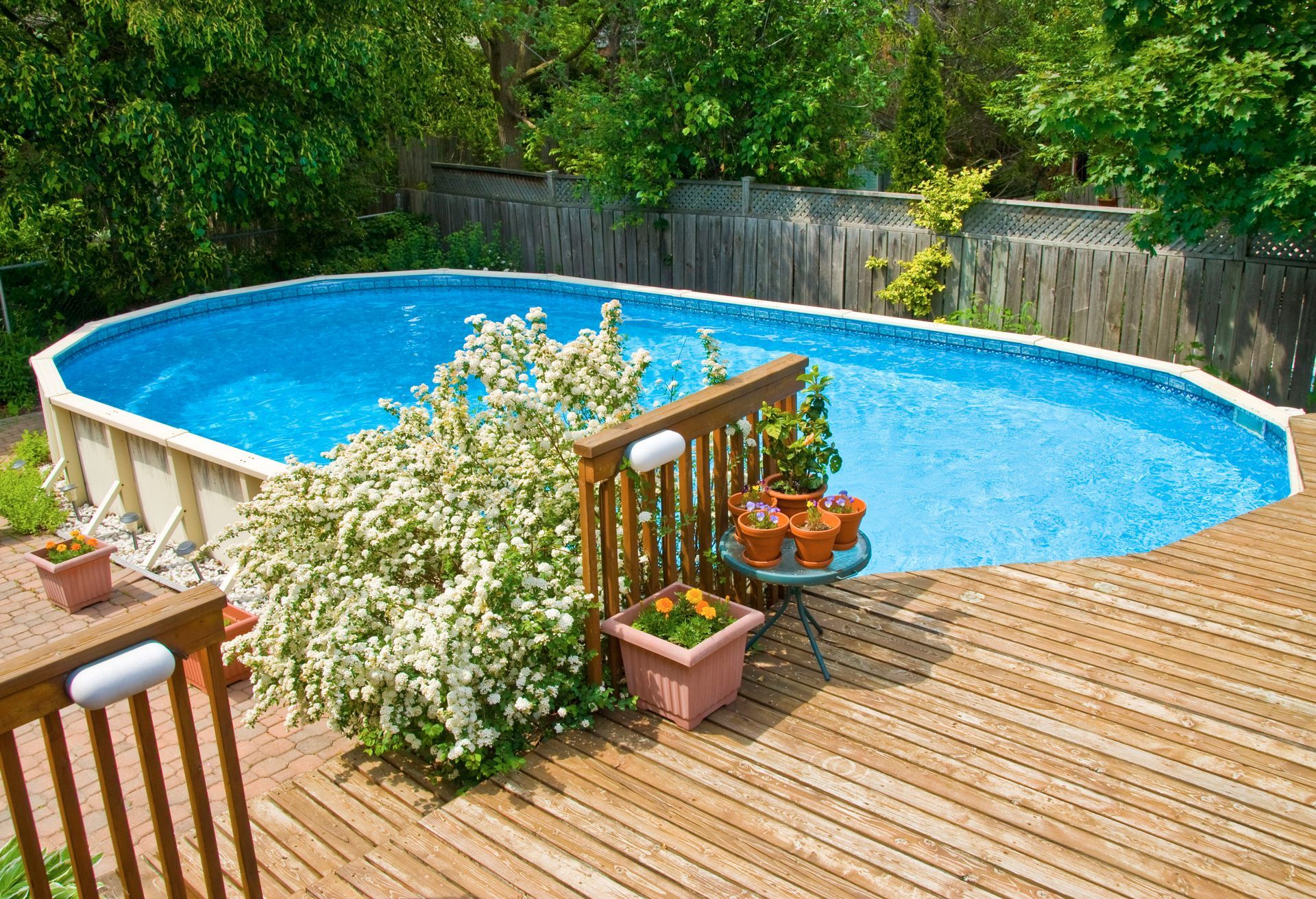The Ripple Effects of Ignoring Swimming Pool Leaks
Swimming pools are a source of recreation and relaxation, but they require proper maintenance to ensure safety and efficiency. One often overlooked aspect is detecting and repairing leaks. Ignoring swimming pool leaks can lead to significant consequences that extend beyond just water loss. Addressing leaks promptly helps prevent damage to pool equipment, surrounding structures, and your landscaping while also reducing unnecessary water and energy costs. This article explores the various ripple effects of unattended pool leaks.
Increased Water Costs
Consistent water loss due to leaks inevitably leads to frequent refilling of the pool, escalating the water bill. The larger the pool and the leak, the more dramatic the increase in cost. Homeowners, often unaware of these ongoing financial drips, end up paying significantly more over time. Water prices vary across regions, but the impact of regular water replenishment is universally felt. Scheduling regular inspections can help identify potential leakage issues before they drain the homeowner's finances.
Aside from water costs, there is an extra energy burden when dealing with leaking pools. Pumps, critical in maintaining water circulation and cleanliness, must work harder and more frequently, consuming additional energy. This overuse eventually impacts electricity bills and reduces the lifespan of the pumps themselves. Leaks thus indirectly contribute to increasing operational costs, often unnoticed until equipment failure. By addressing leaks promptly, homeowners can keep both energy costs and equipment longevity in check.
Minor swimming pool leaks may seem trivial and are often overlooked, but their aggregate impact can be significant. A constantly dripping faucet, for instance, wastes thousands of gallons annually, and the scenario is similar for small pool leaks. Homeowners tend to underestimate minor leaks due to their perceived insignificance in the short term. However, over time, these seemingly insignificant leaks can add substantial costs to the household budget.
Structural Damage to the Pool
Structural damage to pool walls and floors is a common consequence of unattended swimming pool leaks. Water seeping through tiny cracks can weaken the structural integrity over time. Pools, especially in-ground ones, rely heavily on the intactness of their walls and floors for stability. Ignoring leaks risks the development of more severe structural issues, potentially leading to costly repairs.
Another critical yet often unnoticed effect of leaks concerns the erosion of soil surrounding the pool. Water escaping the pool seeps into the soil, causing it to shift and destabilize. This process can lead to the pool itself becoming misaligned or sinking, creating bigger structural challenges. Additionally, erosion can impact nearby landscaping, resulting in further aesthetic and functional implications. By promptly addressing leaks, homeowners can preserve not only the pool's integrity but also the surrounding environment.
Unaddressed swimming pool leaks are notorious for exacerbating cracks, leading to widespread damage. Once a small crack sets in, water pressure from within can make it expand further, intensifying damage over time. If ignored, it may even necessitate full renovation or replacement of pool structures. Cracks also provide pathways for more leaks, resulting in a vicious cycle of structural degradation. Addressing even minor leaks early on can prevent this cascade of damage, ensuring the pool's structural soundness.
Impact on Pool Equipment
Pool equipment, particularly pumps and filters, operates under considerable strain when there are leaks. Leaks necessitate increased circulation to maintain clean water, placing an extra burden on these systems. The constant operation accelerates wear and tear, reducing the lifespan of the equipment drastically. Moreover, overworked pumps become inefficient, leading to increased energy use and costs. By tackling leaks, pool owners can relieve their pumps from excessive load, ensuring optimal function and longevity.
Pools equipped with advanced systems rely heavily on the durability of every component, including those impacted by leaks. Leaks often go unnoticed until they're severe, by which time they may have already done significant damage to pool equipment. Swimming pool leaks can cause mechanical parts to wear out faster, leading to more frequent maintenance and unexpected repairs. When pool pumps and filtration systems are overworked, they face issues like overheating or breakdowns. Regular inspection and maintenance can safeguard this vital equipment, enhancing the efficiency of the pool system.
Metal components in pool systems are particularly susceptible to corrosion, especially when exposed to constant leaks. Increased exposure to moisture from these leaks accelerates the corrosion process of metal parts. Rust and corrosion can severely reduce the lifespan of essential equipment like ladders, lighting fixtures, and other metallic accessories. In serious cases, corrosion can render components unsafe, compromising the entire pool's functionality. Timely leak detection and repair are crucial in preventing metal corrosion, preserving both safety and aesthetics.
Health and Safety Risks
Swimming pool leaks can create hazardous conditions around the pool area, including slippery surfaces leading to potential injuries. Standing water can lead to slips, trips, and falls, increasing safety risks, especially for children and older individuals. In severe cases, undetected leaks could even contribute to structural failures causing sections of the pool to collapse. These circumstances can pose drowning hazards if an area unexpectedly gives way or is compromised. By ensuring proper maintenance and timely repair, such safety risks can be mitigated considerably.
Pools with unaddressed leaks often struggle with water quality control, making them breeding grounds for bacteria and algae. Contaminated water presents significant health risks, ranging from skin irritations to gastrointestinal issues. Harmful microorganisms thrived under such conditions, posing much larger health concerns when consumed accidentally. Effective leak management helps maintain optimal water chemistry to keep these hazardous elements in check.
Leaks compromise the quality of pool water, making it difficult to maintain proper chemical balance. Imbalanced chemicals can cause skin and eye irritations or more severe health problems. Further, contaminants introduced through the leaks can potentiate these biological threats, threatening user safety. Pool owners must continually monitor water quality, ensuring leaks are addressed to avert such risks.
Decreased Property Value
Neglected pools often project a sense of overall property neglect and lack of maintenance. The visual aesthetics of the home can deteriorate with visible or unattended pool leaks, reducing its appeal. This perception negatively influences a property's desirability and its inherent market value. Homebuyers are generally wary of neglected properties, particularly where potential repairs may be necessary.
Pools are often key selling points for homes, with their presence potentially swaying buying decisions. However, unresolved leak issues can serve as significant deterrents, as buyers want assurances over maintenance eases. Given that approximately 59% of U.S. residential pools are in-ground, according to Raleigh Realty, their operational integrity significantly influences buying interest. Potential buyers may be turned off, fearing possible high-cost repairs and the long-term complications of existing leaks.
Real estate appraisers consider various factors, including pools and related maintenance, when evaluating property value. A pool with leaks may see decreased appraisal values, reflecting the cost of potential repairs. Neglecting leaks can limit a home's refinancing options or result in less favorable borrowing conditions. Homeowners eager to maximize their property values and financial options must prioritize maintaining pools in pristine condition.
Ignoring swimming pool leaks can have extensive repercussions that affect financial costs, structural integrity, and health and safety. It also poses significant environmental impacts and can lead to a decrease in property value. Proactive maintenance and timely repairs are pivotal strategies in preventing these issues, enhancing both the longevity and enjoyment of swimming pools. Contact Duck Duck Leak Detection for pool services that will help you detect, repair, and prevent leaks.






Share On: